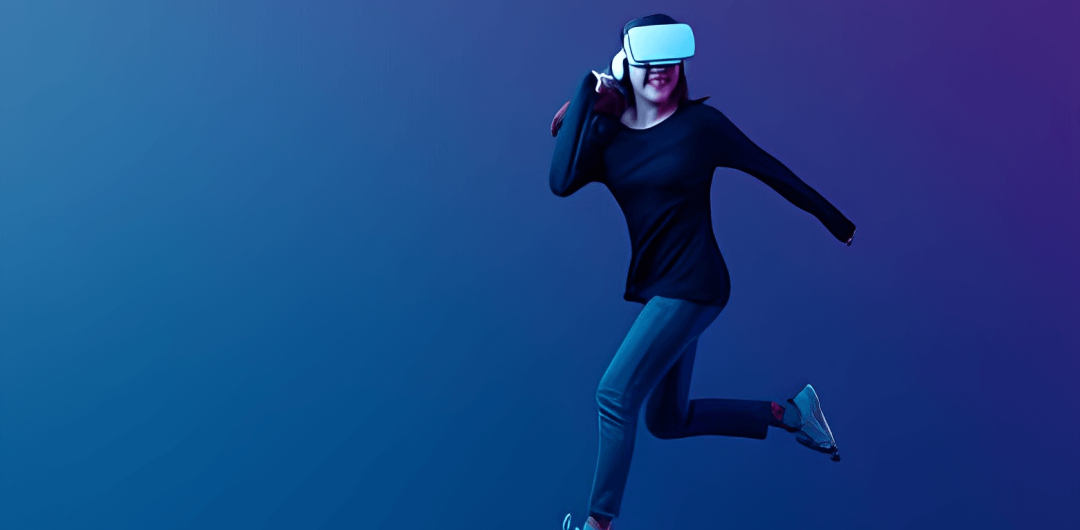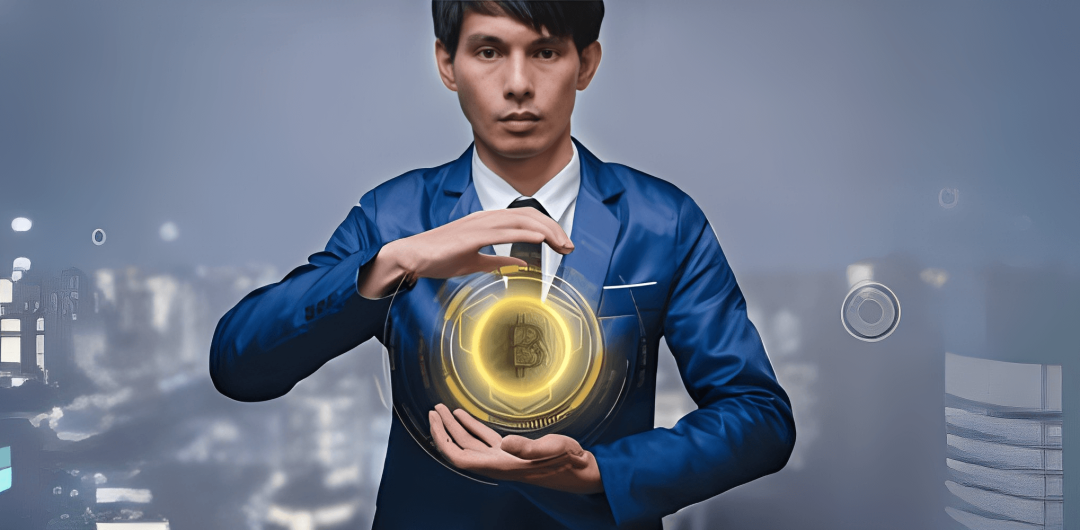According to studies, the daily amount of your time you use a smartphone is 100 and fifty times daily. This excessive reliance on technology is known as technology addiction.
slows down this eternal flow of the latest technologies into our lives. let’s see
7 ways advanced technology affects our lives
1. Depression
Excessive use of technology damages the brain systems that link emotional methods, attention and decision-making.
A new study links anxiety, severe depression, suicide attempts and suicide to hyperbolic use of smartphones and various devices.
2. FOMO
FOMO (fear of missing out) is published by the New York Times as “the combination of hysteria, inadequacy and irritation that will flare up while surfing social networks”.
Social media is bombarded with pictures and posts of delicious dinners, raging parties and fascinating travel reports.
These activities won’t be your fun event, but when you recognize that prick, “maybe I’d rather try to do another factor right now?” typically|it can be} often FOMO.
3. Phantom vibration syndrome
This is the perception that your mobile is vibrating or ringing when it is not. it is defined as being a tactile hallucination, as the brain perceives a sensation that is not a gift.
Psychologists have suggested that physical sensations, such as touch, are also misinterpreted by the brain as a moving telephone.
Most portable users report experiencing ghost vibrations, with reportable rates ranging from 27.4% to 89%.
4. Shortened span
The constant use of technology has reduced our time span from twelve minutes to 5 minutes. The constant streaming of reports and videos in 10 minutes or less has reconfigured our brains.
People who gather online for a median of 5 hours daily have a difficult time basic knowledge of people’s names.
5. Popcorn Brain
The constant stimulation of physics makes our brains accustomed to “pop”, a rapid flow of information that we tend to discover on the web.
This is why we tend to be unitless and less ready to handle the slower pace of the world. This condition is known as a result of “popcorn brain”.
6. Tech Fallout
Technology has changed human physiology. It affects memory, span and sleep cycles. typically|it can} often be attributed to a scientific development referred to as neuroplasticity, that is the brain’s ability to change its behavior to support new experiences.
7. Drug use
Dependence on technology is a risk problem for alcohol and various drug abuse. those who abuse technology develop brain chemistry and neural patterns similar to those affected by drugs.
Brain scans of people with technology addiction disorder similar to those of people with addictions to drugs such as alcohol, cocaine and cannabis.
The main reason
Another way technology has compact society is through communication, the style we tend to talk and communicate with each other around the world. Technology has brought many new ways of sending. as an example, there are device e-mails, social networks, you will be ready to meet someone who the World Health Organization lives on the alternate side of the world, and here device video conferencing, where you will be ready to hold conferences in electronic format .
Finally, technological advances in the healthcare sector have helped keep us safe and healthy. There are many innovative applications on phones where we track their weight, the number of calories they eat, heart rate and various health characteristics at any time of the day. there is greater accessibility to offered care, there is a change in
medical treatment that adds blessings to the elderly and the hospital unit utilizes advanced technologies in their operating rooms.
However, studies show that mobile communication affects us negatively when it first involves being sociable and making contact face to face. Mobile technology can drain communication and relationships between us.
There is less personal time when you find that you simply} just don’t have enough time for yourself because you are often connected with someone. In addition, it will distract you from your task. there is a total loss of privacy because anyone can notice it anywhere at any time of the day. In the end, all these things have an impact on the way people act these days.




